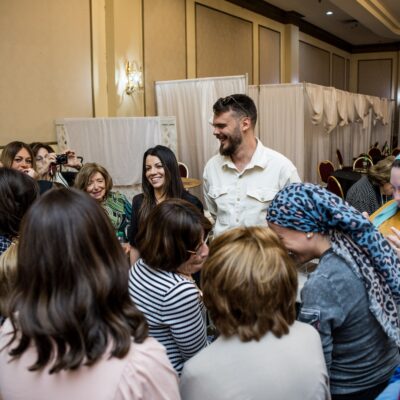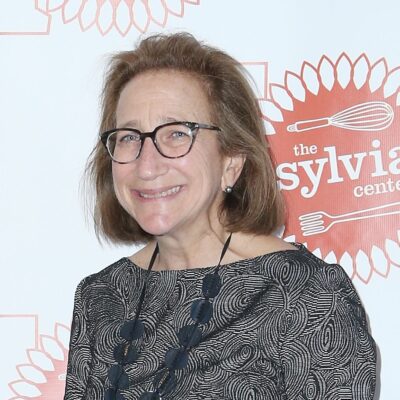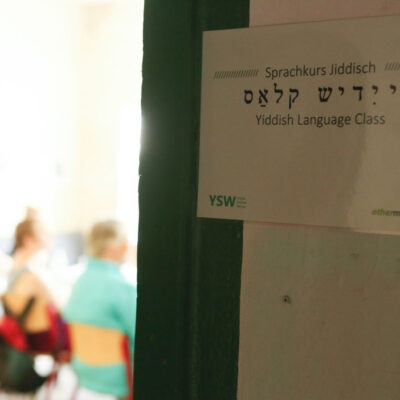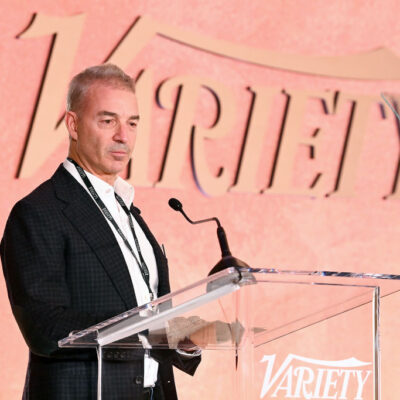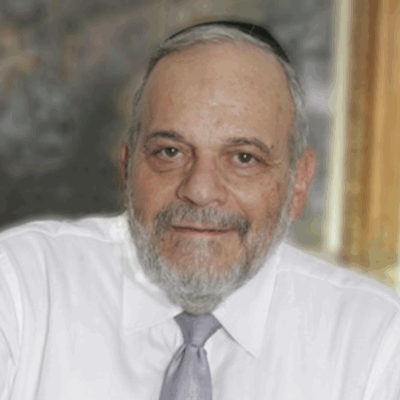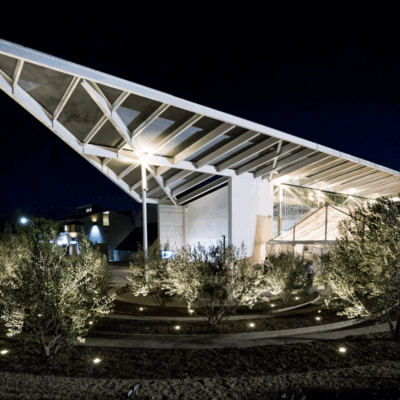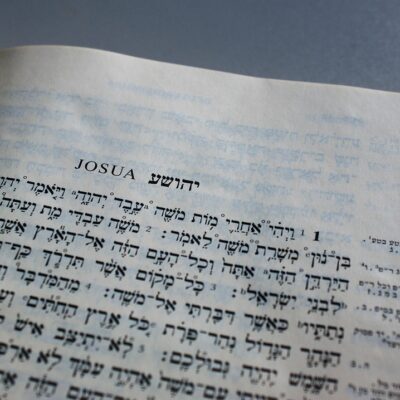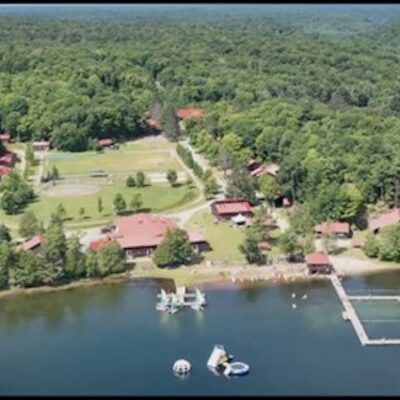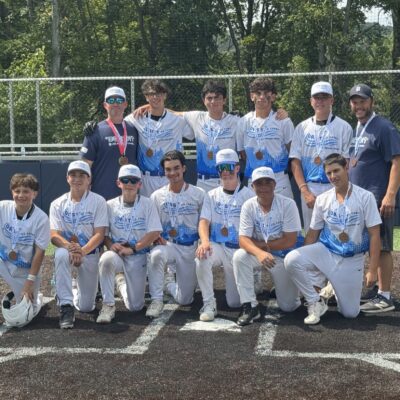Opinion
Inclusion Comes from the Top – and the Bottom, and Middle
by Howard Blas
On a recent ten-day Tikvah Ramah Israel trip, twelve participants with disabilities, ages 18-40, were treated to a once-in-a-lifetime visit to a 1,000-soldier army base. Admittedly, other tour groups visit army bases; our group spent three hours at the MAZI/Bar-Lev base near Kiryat Milachi, where soldiers – in full uniform – with Down Syndrome, autism, and other intellectual disabilities are “just soldiers.”
Thanks to the efforts of base commander Yitzchak Akri and to organizations such as AKIM, the army is learning many important lessons: that there are many jobs to be performed on a base, that people with disabilities have many abilities, and that every person on the base benefits from inclusion. We toured their job sites including the print shop, supply rooms, and the dining room; we heard about their jobs with the Military Police; and we had several “getting to know you” sessions. One Tikvah participant, 40-year-old Eric, commented, “It was nice seeing people like us – with disabilities – in the army.” What Eric, the other participants and even staff may not have noticed is HOW they became “just soldiers.” They became “just soldiers” in much the same way that Ramah campers with disabilities became “just campers.”
For more than 44 years, the Ramah Camping Movement has been including campers with disabilities. In 1970, no Jewish summer camps were interested in accepting campers with disabilities – until one lone Ramah director, Donald Adelman (z”l), with the encouragement and support of Tikvah founders Herb and Barbara Greenberg, decided to establish the Tikvah Program at Camp Ramah in Glen Spey, NY. The Greenbergs, who went on to serve as directors of the Ramah New England Tikvah Program for 29 years, write, “He viewed the proposal as a unique opportunity for Ramah to demonstrate its ability to become an ‘outreach’ institution at the same time that it continued to concretize the values it had always espoused. His vision expanded the role of Ramah, as he believed that the institution had the strength and flexibility to serve the Jewish community responsibly with regard to its handicapped members, while simultaneously continuing its mission of preparing youth for roles of Jewish communal leadership. Thus was born the Tikvah Program at Camp Ramah …” (from Forward from 50, published in 1999). Other Ramah camps soon followed suit, opening their doors to campers with disabilities.
We learned a powerful lesson from Mr. Adelman. The lead professional (the boss, the CEO, the director, or the base commander) sets the tone for the organization – from the top. And it filters down and out to every part of the organization. The National Ramah Commission supports each camp in its efforts to become more inclusive, and leads the effort to seek funding for such programs. According to Rabbi Mitchell Cohen, National Ramah Director, “We have recently created the National Ramah Tikvah Network to offer national trainings for the staff of our special needs programs, to seek new ways to offer programming year round, and to explore ways to open new Ramah programs for children, teens, and young adults with disabilities.” And programs nationally and internationally are turning to the Ramah Camping Movement for advice so they, too, can do the same.
Of course parents and community members must continue to be good advocates. And people within the organization are useful partners in including all people. We are proud of the thousands who have come through Ramah camps and who see people with disabilities as “just campers.” Imagine the potential impact on Israeli society when every solider has served side by side with a person with a disability!
In February, the Jewish community marks Jewish Disabilities Awareness Month. We salute these campers, staff members, and soldiers, and call on our organizational leaders to continue to set the organizational tone for inclusiveness – from the top down.
Howard Blas directs the Tikvah Program at Camp Ramah in New England.

